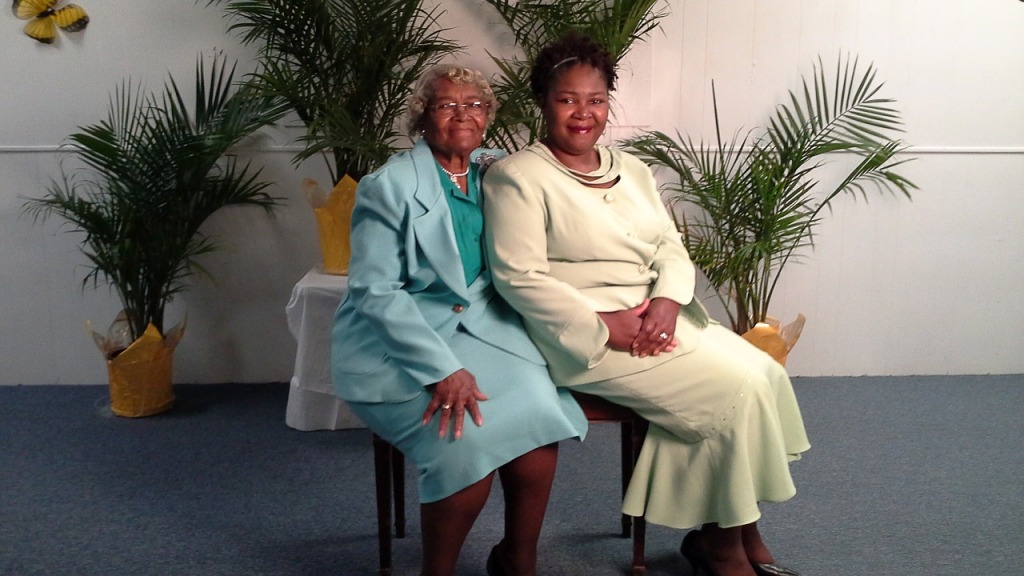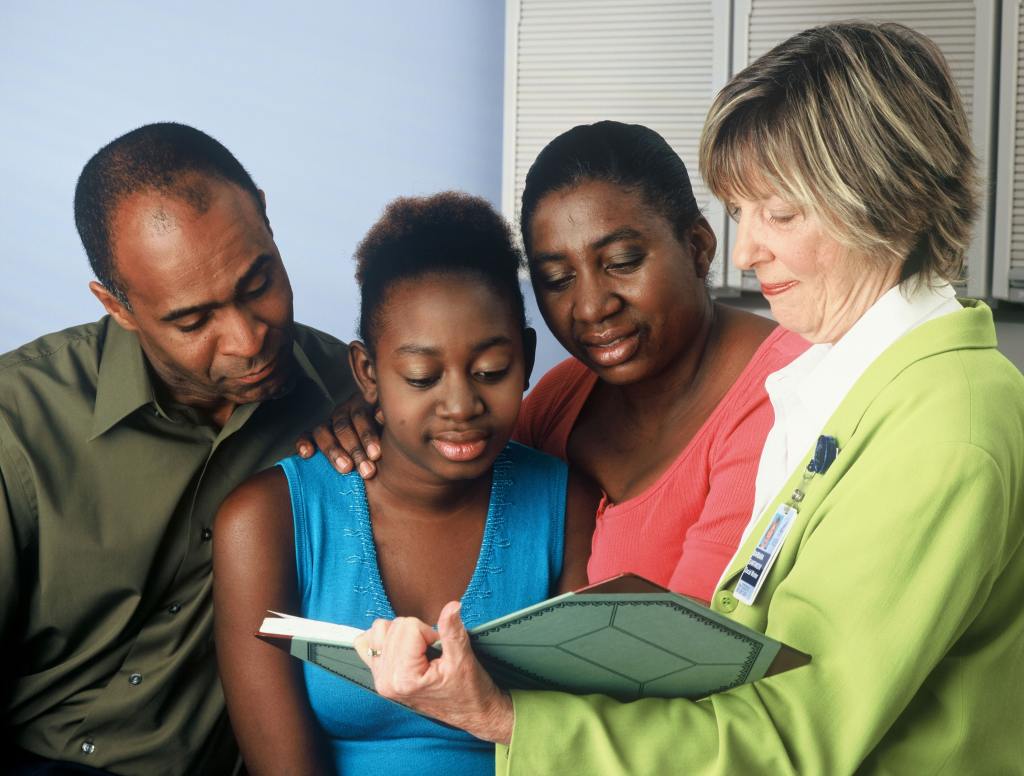Dr. Saul Ebema
A few years ago, my wife befriended an elderly African woman from west Africa. Recently, that woman had a serious health scare. Due her limited understanding of the English language, communication with her healthcare team became hard. Her children and other family members who were somewhat fluent in English began to take some time off from work during her doctor visits to function as translators between the healthcare team and the patient.
This experience led me to research about the challenges of African immigrant family caregivers in the United States and some of the changes they would like to see in our current healthcare system especially in the field of end of life care. Here are some of my findings.

In African family systems, traditional values have tremendous impact on family caregivers. Values such as ubuntu/community, respect for our elderly, parents and ancestors- influence many African caregivers to focus solely on their loved one’s healthcare needs at the detriment of their own.
This means that older terminally ill African immigrants and their families are less likely to hire in home caregivers to take care of their loved ones who are on hospice care because the same kind of care is expected from family members and adult children within the family. Without the use of hired in-home caregivers, it becomes hard for these family caregivers to manage their own work responsibilities.
These family caregivers have to routinely take time off from work to manage caregiving responsibilities.
“It is very hard for me to work peacefully. I am so worried that something might happen to my dad. I am never able to fully focus on my job,” said Mary.
For the older adult African immigrants in hospice care who have limited understanding of the English language, the family caregivers I interviewed reported that they were responsible for translations during doctor visits and visits from the entire hospice team.
Even when professional translating services were offered by the hospice agencies, the African family caregivers I interviewed reported dissatisfaction and frustration, because some of their loved ones needs were not fully conveyed by the translators.
What these Caregivers want from the Healthcare Team

Caregiving often seems like a never-ending job and if you add cultural expectations and linguistic challenges, it becomes harder for these family caregivers. The adult children of the African immigrant on hospice care and their loved ones are often expected to be the sole provider of care for their parents, and yet they receive little to no formal support or training. Similarly, these patients rely heavily on their children and loved ones for translation services yet healthcare providers do not often acknowledge them for their care for the patient and for their translation services that helps to improve delivery of care.
Most of the caregivers I interviewed expressed a desire to be better trained by the hospice team. They want to be caregivers for their loved ones but in most cases they feel ill equipped to deal with these end of life challenges and the disease process.
“I love my mother and I will do everything I need to do for her well-being and health but I need some training to provide the bedside care my mom deserves. She sacrificed a lot for us.” Said Jane.
Hospice agencies can invest some time and resources in training the immediate family caregivers. This will improve patient satisfaction and delivery of care.
In addition to the training, they want to be acknowledged by the healthcare team. Especially when the patient is in the hospital, they feel ignored because the hospital team want to hear directly from the patient. But in most cases, due to the language barrier, the patient is unable to fully express themselves to the healthcare team. They want their opinion to matter because they are always with the patient and know the patient more than the healthcare team.
Leave a comment